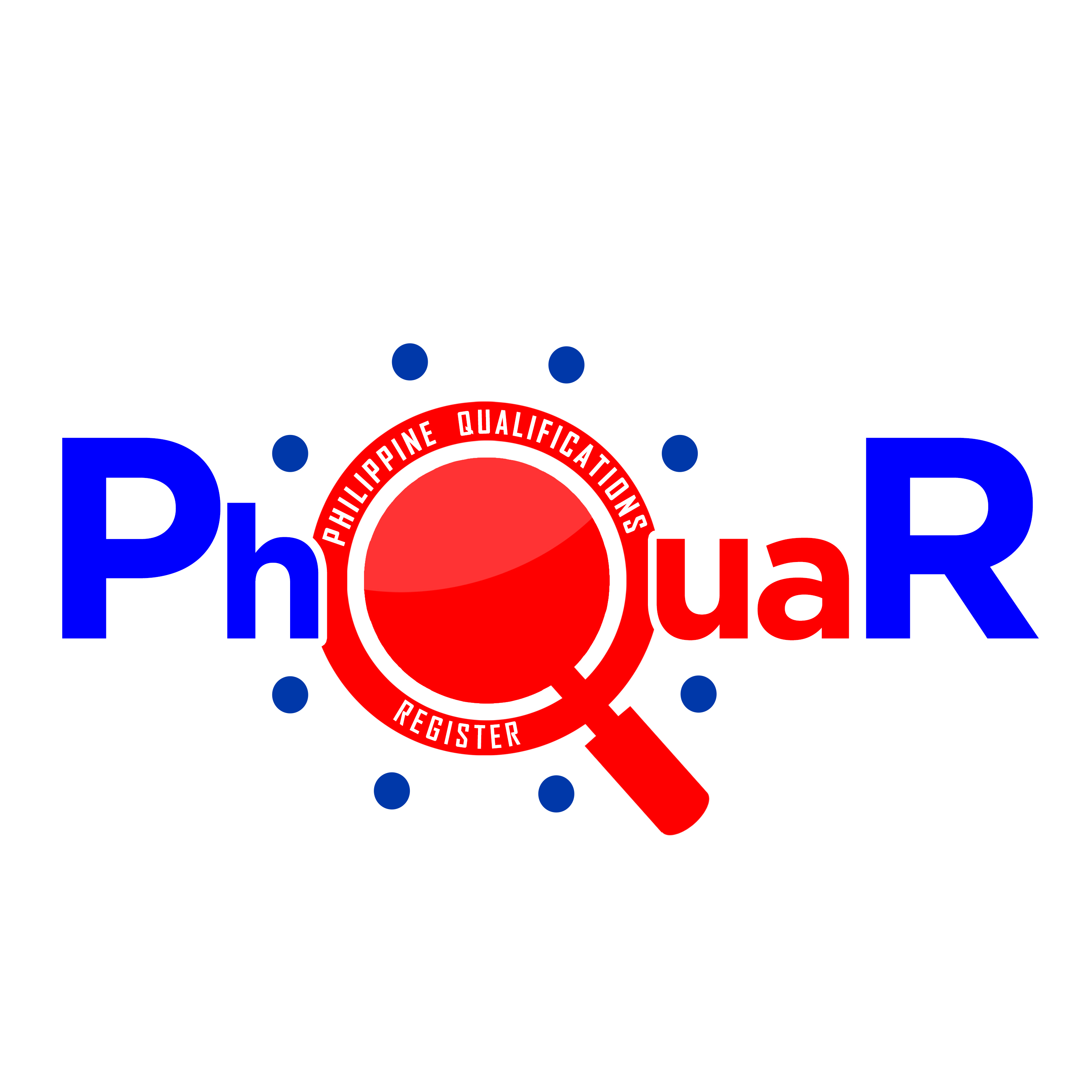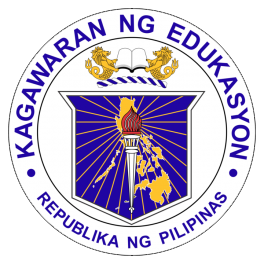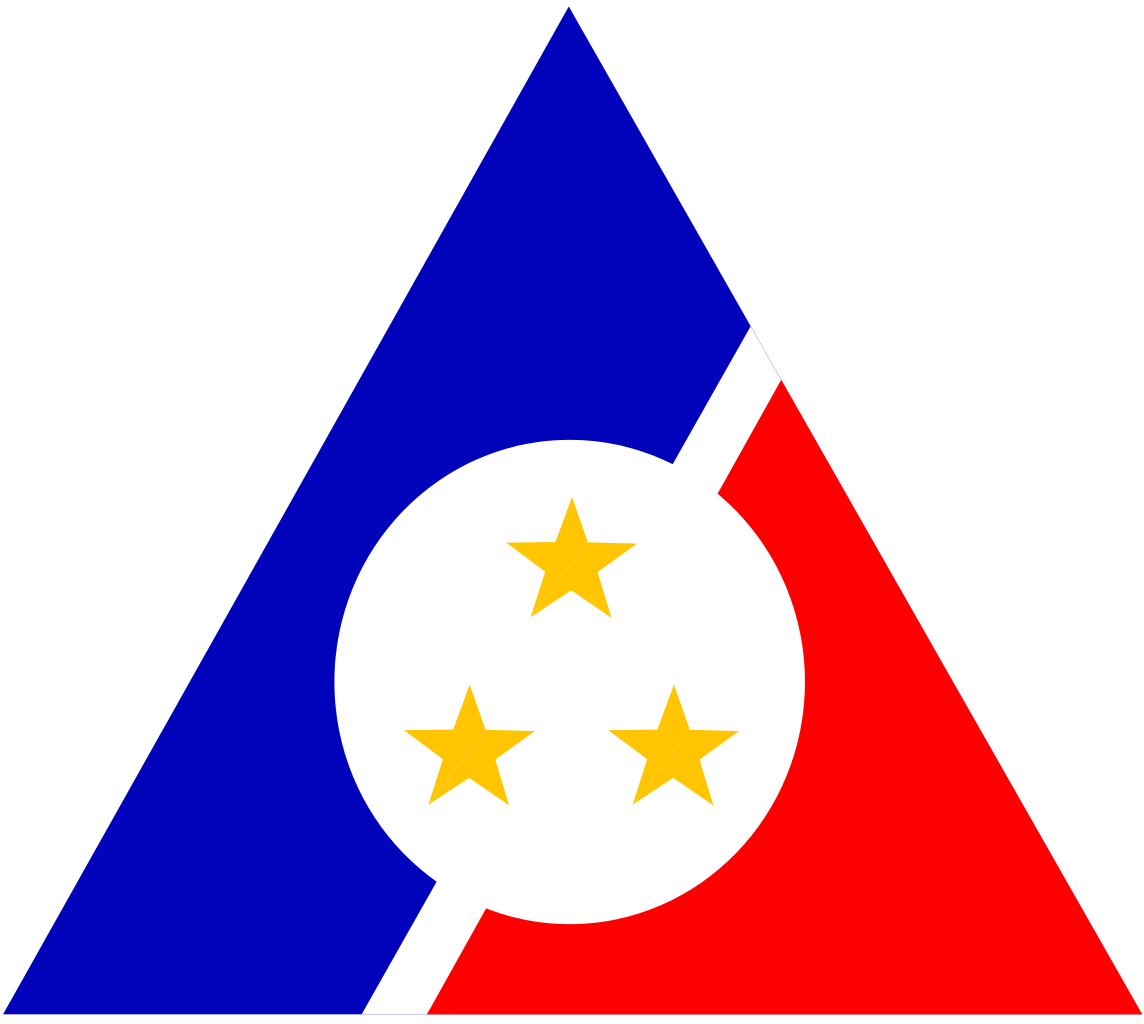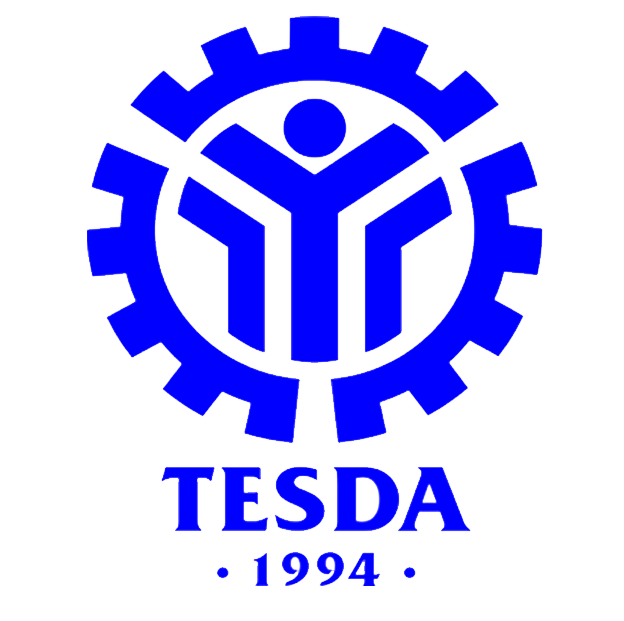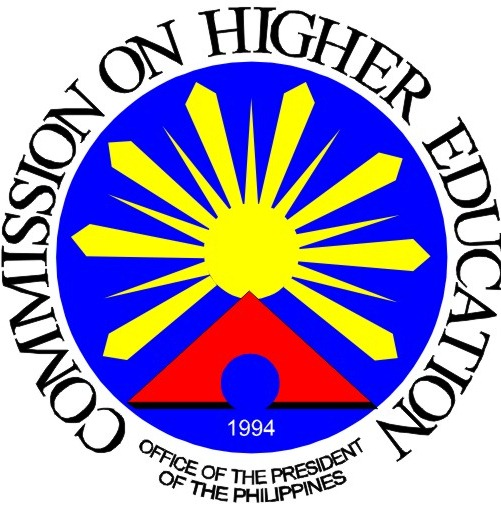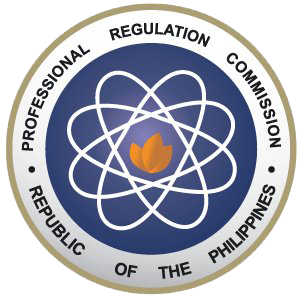National Authorities Issuing the Qualifications
The Commission on Higher Education (CHED)
In line with Republic Act No. 7722, the CHED is mandated to set minimum standards for programs and institutions of higher learning recommended by panels of experts in the field subject to public hearing, and to enforce the same. The OPSD through Technical Panels (TP)—for general disciplines or branches of knowledge (e.g. TP for Engineering, TP for the Natural Sciences and Mathematics)—and Technical Committees—for specific disciplines or interdisciplinary programs under the Technical Panels—formulates the policies, standards, and guidelines (PSGs) for various degree programs which guide HEIs in ensuring compliance with the CHED prescribed minimum requirements in offering higher education programs. Compliance with the requirements of the PSGs are the bases for the Commission’s issuance of government authorization to private HEIs and acknowledgment of programs of public HEIs. At the frontier of the disciplines, higher education institutions granted the status of “autonomous institution” by CHED based on their program and institutional excellence are authorized to develop innovative programs that have no PSGs as yet or that may justifiably deviate from the existing PSGs. CHED maintains a list of institutions authorized to offer academic programs and awards degrees through grant of diploma/certificate to learners who complete the degree requirements.
The Professional Regulations Commission (PRC)
The government agency tasked to administer and enforce the regulatory policies with regards to licensing, regulation and professional development of the various professions under its jurisdiction. Qualification for these professions are specified in laws governing them.
The Technical Education and Skills Development Authority (TESDA)
Republic Act No. 7796 mandates that TESDA provide relevant, accessible, high quality and efficient technical education and skills development in support of the development of high quality Filipino middle level human resources responsive to and in accordance with the Philippine development goals and priorities.
The Civil Aviation Authority of the Philippines (CAAP)
It is the national aviation authority of the Philippines and is responsible for implementing policies on civil aviation to assure safe, economic and efficient air travel. On March 4, 2008, the Civil Aviation Authority Act of 2008 or Republic Act No. 9497 was signed into law which replaced the Air Transportation Office with the Civil Aviation Authority, an independent regulatory body with quasi-judicial and quasi-legislative powers with corporate attribute.
The Maritime Industry Authority (MARINA)
It was created pursuant to PD 474 on 01 June 1974. MARINA is responsible for the development of the Philippine domestic shipping, shipbuilding, ship repair and ship breaking through investment incentives, deregulation of rates/operation, enhancement of safety standards, compulsory insurance coverage for passengers and cargoes, reasonable fines and penalties, and constructive measures for a strong and competitive merchant fleet.
